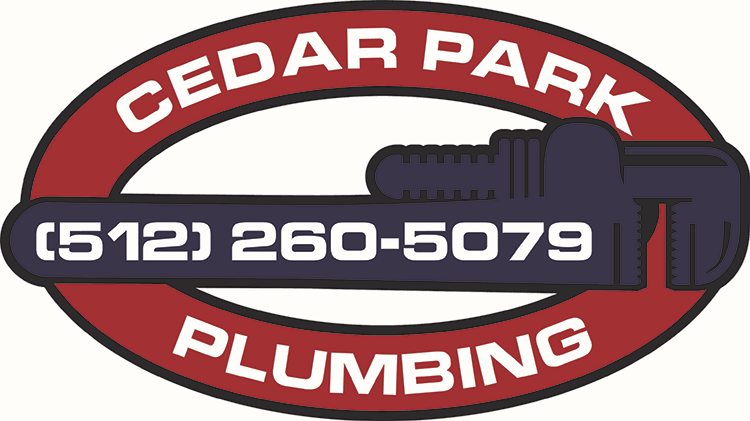With winter coming soon, it’s important to take the necessary precautions to prevent your pipes from freezing, but sometimes, despite your best efforts, it can still happen. Frozen pipes can be a homeowner’s worst nightmare, as they can cause water damage, burst pipes, and costly repairs. However, if you take the right steps, you can prevent the worst from happening. In this blog post, we’ll be sharing the steps you should take if your pipes freeze.
Turn off the Main Water Valve
The first thing you should do if your pipes freeze is to turn off the main water valve. This is important because if the ice inside the pipes thaws too quickly, it can cause the pipe to burst and cause water damage to your home. Once the valve is turned off, open the faucet to relieve any residual pressure in the pipe.
Thaw the Pipe
There are several ways to thaw a frozen pipe, such as using a hairdryer, heating pad, or towel soaked in hot water. Avoid using any open flames to thaw the pipe, as this can pose a risk of fire or even explosions. Begin heating the pipe at its end closest to the faucet, as this will allow the water to flow out instead of backing up towards you. Once the pipe has thawed, turn the water valve back on and check for any leaks.
Call a Professional Plumber
If the frozen pipe is inside a wall or ceiling, or if you’re unable to locate the frozen section, it’s best to call a professional plumber. They have the necessary tools and expertise to locate and thaw frozen pipes without causing any additional damage to your home.
Prevent Future Freezing
To prevent future pipe freezing, there are several things you can do. First, insulate your pipes to keep them warmer. You can do this by wrapping them with insulation or heat tape. You can also leave a trickle of water running through the faucet during cold weather to keep the water moving. Additionally, keep your home at a consistent temperature, even when you’re away, to prevent the pipes from freezing.
Clean Up Any Water Damage
If your pipes have burst, it’s important to clean up any water damage as quickly as possible. This can help prevent mold growth and further damage to your home. Use a wet vacuum to remove any standing water and place fans throughout the affected area to help dry out the room.
Conclusion
Frozen pipes can be an inconvenience, but they don’t have to be a disaster. By taking the necessary steps to thaw your pipes and prevent future freezing, you can keep your home safe and avoid costly repairs. Remember to contact a professional plumber if you’re not comfortable thawing the pipes yourself or if you’re unable to locate the frozen section. Taking precautions and being prepared is the best way to keep your home and plumbing system healthy this winter season.

